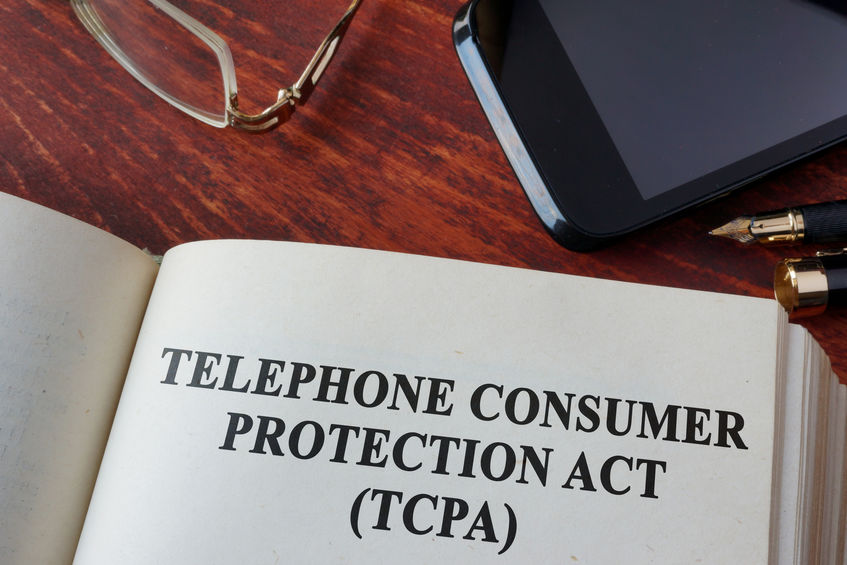Overview
Given the business disruptions caused  by COVID-19, many companies welcomed the ease and minimal costs of using dialing and texting platforms to reach existing and new customers for marketing and sales. However, given the restrictions placed on calls and text messages by the federal Telephone Consumer Protection Act (the TCPA), companies had to carefully align their marketing efforts with the federal law.
by COVID-19, many companies welcomed the ease and minimal costs of using dialing and texting platforms to reach existing and new customers for marketing and sales. However, given the restrictions placed on calls and text messages by the federal Telephone Consumer Protection Act (the TCPA), companies had to carefully align their marketing efforts with the federal law.
Against this backdrop, companies placing phone calls and sending text messages to reach customers likely celebrated the Supreme Court’s 2021 decision in Facebook, Inc. v. Duguid. There, the Court took a narrow view of the definition of an “automatic telephone dialing system” in the TCPA, and, at the same time, narrowed the scope of conduct that would violate the statute.
However, this celebration has been muted by the fact that the Supreme Court decision does not concern state-level laws concerning these communications. In fact, the state laws can sometimes be more restrictive then the TCPA and can still result in crippling liability even if a company complies with all the federal TCPA provisions. Currently, three states have their own “mini-TCPA” laws on the books, with several other state legislatures considering their own laws.
In Florida, Governor DeSantis signed legislation in 2021 creating its own “mini-TCPA,” with statutory damages of $500 per violation. And unlike the TCPA, which requires the use of a “random or sequential number generator,” Florida’s law applies to “automated systems for the selection or dialing of telephone numbers . . . .” In other words, placing a “telephonic sales call” to a list of phone numbers using automated equipment would be a presumptive violation of the Florida law, but not the TCPA. Thus, a company’s dialing equipment may be in compliance with the TCPA, but could still violate Florida’s statute, if it is placing calls to Florida residents.
Similarly, Washington State has a law on the books that prohibits the transmission of unsolicited “electronic commercial text messages” to Washington residents. This statute is silent as to whether the use of “automated systems” or “random or sequential number generators” is required at all, meaning that transmission of any “commercial text messages” is actionable under Washington’s Consumer Protection Act, and may result in statutory damages of $500 per violation.
Oklahoma also recently signed into law its own “mini-TCPA” that tracks Florida’s statute, and in some ways, is even more restrictive, as it limits a marketer from making more than three phone calls within a 24 hour period, even with consent. Like Florida’s law, it also provides for damages of $500 per violation. Other states are expected to follow suit with their own telemarketing statutes.
Companies should remain vigilant that their sales and marketing outreach plans comply with not just the federal TCPA requirements, but also the myriad of state-level “mini-TPCA” statutes. Going forward, a company should:
- Examine the states in which you use marketing and other telephone and text message outreach to customers and potential customers, to determine what laws are on the books that might be implicated.
- Consider the type of autodialing technology you use, and whether it may trigger liability under various state statutes.
- Determine what “rules” are in place concerning the time, and frequency, with which you can contact customers and potential customers.
- Consider whether the states you conduct telemarketing in require you to register with state licensing authorities.
